MARKET OVERVIEW
The global label management platform constitutes an important part of the larger software and logistics industries. This involves research, deployment, and working into advanced platforms used for label management across industries. Labels are highly critical in the supply chains for regulatory compliances, and also in branding, and therefore, proper management automatically becomes a key requirement in businesses of a global scale. These solutions help solve the complexities that come with these differences in language, regulatory, and packaging standards of different regions on a single platform.
In this regard, such platforms have been considered instrumental in providing easier and faster label creation and management processes. The various industries that find applications for products from the Global Label Management Platform market include pharmaceuticals, food and beverages, chemicals, consumer goods, and electrical. All these industries have their own demands and set of legislation that determines the look, printing, and application of labels on products. For this, a sound system must be in operation that allows for changes in legislation and moves toward globalization of norms.
Businesses today are going international; hence, there is more reason for addressing the issue of one single approach toward label management. A label management platform would, therefore, solve the challenge of finding a globally scalable solution to the demands for integration within an existing enterprise system, like ERP, MES, and PLM systems. This ensures consistency in label data across all touch points in the supply chain and minimizes the risk of any errors that may lead to costly product recalls or regulatory fines. Besides, this platform helps in much better coordination among different departments and partners, and lets there be quick responses to market demands accordingly.
The growth of the Global Label Management Platform market is directly related to the pace of technology. This is because, at the pace at which cloud computing has risen, most of the platforms have cloud-based solutions that have made working on it much flexible and accessible. Labels management platforms allow companies to manage the process of labeling anywhere in the world, which provides them with the ability to conduct their operations more efficiently and respond rapidly to each change occurring within the labeling requirements. Advanced analytics hooked into the platforms enable the company to understand its processes for labels better, point out those in need of improvement, and offer optimization of operations.
One should not underscore the focus on sustainability within the Global Label Management Platform market. With growing environmental concerns, every company is under pressure to reduce their generated waste and work on sustainability in packaging. Label management platforms are now embedding features related to eco-friendly practices in their offerings, such as sustainable materials used and reduction of unwanted labeling. This will not only achieve the set goals of a firm in terms of sustainability but will also help reach out to those customers who base their purchasing decision on how much a product or service is environmentally friendly.
In the coming years, too, more and more companies realizing the benefits of adopting the systems will continue to drive growth in the Global Label Management Platform market. The further development of label management technologies will be fired up through ongoing digital transformation across industries, driving even more sophisticated and user-friendly platforms. The more complex the regulatory environments and dynamic the consumer demand, the more a Global Label Management Platform will be integral to whether businesses are compliant, efficient, and competitive in the global market.
It is dynamic, and the Global Label Management Platform market is an essential part of business in today’s modern-day. It provides the necessary tools and capabilities for operating the increasingly complex needs of labeling that need to be done in a globalized economy. This market will play a crucial role in shaping the future of how businesses do label management as technology continues to advance, and more emphasis is given to sustainability.
Global Label Management Platform market is estimated to reach $6039.5 Million by 2031; growing at a CAGR of 9.8% from 2024 to 2031.
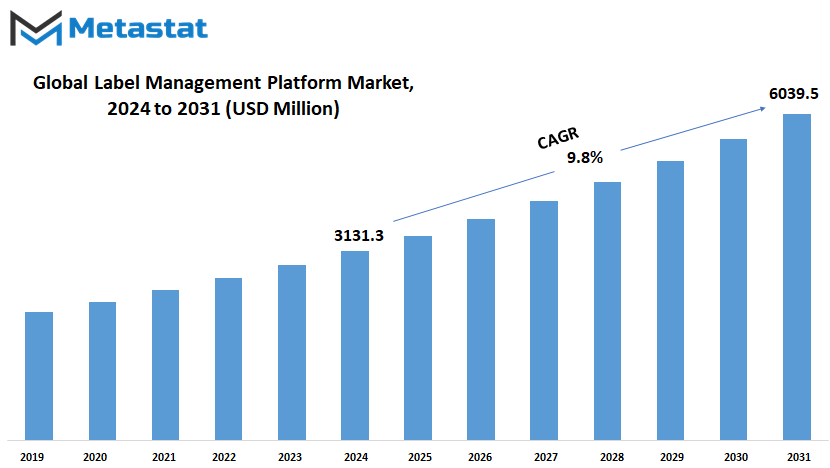
GROWTH FACTORS
This is mainly due to several key factors driving the growth of the Global Label Management Platform market, which is likely to boom in the coming years. Businesses have gone global and will be going further global, hence requiring efficient and reliable solutions for label management. Companies are increasingly seeking out platforms that streamline their labeling processes for consistency, accuracy, and compliance with diverse regional regulations. This demand is considerably driven by the supply chain globalization of products across countries, each of which has different labeling requirements. Centrally managing labels with adaptation to the local standards acts as a major growth factor in the Global Label Management Platform market.
Advancement in the field of technology is another crucial driver shaping the future of this market. The integration of AI and ML into a label management platform will mark a sea of change for the industry. This will facilitate automating multi-variable tasks, reduce resultant errors, and improve real-time insights so that informed decisions are made faster by companies. The demand for advanced label management solutions that offer integration with other systems such as Enterprise Resource Planning and Product Lifecycle Management is expected to increase with the rising adoption of digital transformation strategies by enterprises.
Sustainability has been increasingly driving the Global Label Management Platform market. The food consumers and regulatory authorities urge the consumer goods segment to focus on ecological packaging and labeling of the food products. This has increased demand for the platforms that track and manage the usage of sustainable materials, waste reduction, and various compliances to environmental regulations. Those companies that can successfully show commitment towards sustainability through effective management of labels are bound to attract competition and would result in further market growth.
In addition, the development of e-commerce is another important growth factor. With further expansion in online shopping across the world, the need for accurate and consistent labeling has grown increasingly critical. E-commerce platforms need to manage labels efficiently to ensure that products are correctly labeled, shipped, and delivered to customers. This is highly critical in cross-border e-commerce, where the labeling requirements vary in different countries.
In the final analysis, the drivers of growth in the Global Label Management Platform market will be globalization, advanced technology, need for sustainability, and recognition of e-commerce. Undoubtedly, those companies which can adapt to these wide trends and come up with solutions to these emerging needs will thrive in this market that’s changing dynamically.
MARKET SEGMENTATION
By Type
The Global Label Management Platform market will continue growing in the future due to business awareness of the significance of effective systems related to label management. Besides, with rapid technological development, companies are heading toward digital solutions that are incomparably flexible and scale-friendly. This sets the pace for market segmentation by type: Cloud-Based and On-premises. Each of these types has its merits and therefore fits certain needs within the industry.
Cloud-Based: is expected to grow considerably owing to its ability to enable companies to access label management tool usage remotely in real-time and from any location. This flexibility is of paramount importance to businesses currently operating in a globalized business arena where operations are spread across different regions and similar labeling practices will be required to maintain compliance and brand integrity. Also, cloud-based platforms have better integrations with other digital systems, such as ERP and CRM software. All this makes the conduct of operations more smooth and error-free, with minimal human intervention, hence increasing productivity.
On the other hand, the On-premises segment still attracts those organizations that believe in better control and security. These companies generally want to retain data within the company, particularly for sensitive information. The on-premise solutions let an organization have full control over their label management process and complete assurance that the data does not leave the comfort of its network. It may be most applicable to industries with heavy regulation, such as in the fields of pharmaceuticals or food and beverages, due to the need for strict adherence to rules.
With this, the Global Label Management Platform market is more likely to be reshaped in the near future owing to changing industry demands. In the quest for higher operational efficiency and compliance with ever-changing regulations, both Cloud-Based and On-premises solution deployments are expected to rise. Growing interest in sustainable development and reduction of wastes will continue to push the platforms for greater innovation in enabling eco-friendly labeling practices.
Besides, Cloud-Based and On-premises solutions may further merge in the future, thereby allowing for the realization of hybrid models that take the best from each world. This might, in the near future, afford business organizations the flexibility offered by cloud solutions while maintaining the kind of control afforded by on-premises systems. It will be quite interesting to see how these platforms will adapt to the ever-evolving needs of industries around the world as the market progresses.
The bottom line is that the Global Label Management Platform market witnesses growth because of technology and various business needs. Through Cloud-Based or On-premises, organizations try to make the processes of labeling more effective, secure, and in harmony with nature.
By Organization
The Global Label Management Platform market is continuously developing and changing rapidly. Large and small-scale businesses are increasing awareness of the importance of effective label management, and advancement in technology will drive demand for smooth labeling processes. This is particularly true of the SMEs and Large Enterprises, holding major segments in the market.
As such, the integration of a Label Management Platform becomes quite a godsend for SMEs. These businesses operate on shoestring resources with concomitant hassles in managing complex labeling requirements. By integrating a robust platform, SMEs can simplify their labeling processes, reduce errors, and ensure compliance with regulatory standards. As these platforms become more accessible and affordable, we can expect to see a higher uptake among SMEs. This shift will enable them to be in better competition in the global market and offer products with correct and consistent labeling, which is of prime importance in today’s consumer-oriented world.
Large Enterprises have their own set of needs in label management. Generally, such organizations deal with a wide range of products, each product having its own requirement for labeling. This is very time-consuming and prone to errors; such errors can lead to costly recalls or fines. A Label Management Platform will empower Large Enterprises to automate big parts of the labeling process for accuracy and compliance across all products and markets. Also, these platforms are made to scale, meaning even Large Enterprises will be able to grow their operations-either because of their expansion into new regions or the introduction of new products.
Going forward, the future of the Global Label Management Platform market is looking very promising. With businesses only set to continue growing and expanding globally, so too will the need for effective and compliant label management. The platforms themselves are likely to evolve even further, with added features such as real-time data integration, predictive analytics, and AI-driven automation, making the SMEs and Large Enterprises even more capable of competing in the marketplace.
The Global Label Management Platform market is bound to grow at a faster pace, considering its demand by SMEs and Large Enterprises. As technology advances, so does the drive for regulatory compliance, so this market will continually evolve to provide businesses with the necessary tools to manage their labeling processes in an effective and efficient manner.
By Application
In addition, the demand within industries is boosting the growth pace of the Global Label Management Platform market with every passing year. It finds its application majorly as a key enabler in assuring products to meet regulatory standards, maintain brand consistency, and improve operational efficiency. With businesses struggling to keep pace with increased global supply chain complexity, the need for a productive and effective label management system has become increasingly critical. Based on application, the market is segmented into manufacturing, retail, healthcare, logistics and transportation, food and beverages, pharmaceuticals, consumer goods, electronics, and others.
Very strong growth will also be recorded in the manufacturing sector of the Global Label Management Platform market, as companies look to operationalize and reduce errors in their operations. This is one sector where correct labeling is crucial, not only from a regulatory point of view but also from the point of view of synergistic supply chain management, where products are traceable with ease. With increasing automation, this segment is more likely to integrate the label management platform with other systems, hence fuelling the demand.
Another major application area for the Global Label Management Platform market is the retail industry. With the rise in e-commerce and the growing need to manage inventory efficiently, retailers aim at advanced labeling solutions to keep pace with customer requirements. Such platforms enable retailers to handle product information better with a view to ensuring that labels are up-to-date and accurate, an essential prerequisite in retaining consumer trust and avoiding costly mistakes.
This is where label management platforms become very important in health care. The accuracy of the labels cannot be overemphasized, as this could mean the difference between safety for patients and compliance with various regulatory bodies. As healthcare systems continue to be turned upside down and head toward modernization and digitization, so too will the need for sophisticated solutions in label management increase to more effectively trace and manage pharmaceuticals and medical devices.
The other key sector in the Global Label Management Platform market involves logistics and transportation. Correct labeling ensures goods route right and in time; hence, the efficiency of such operations is very high. With the improvement of global trade and making supply chains more intricate, the demand for robust label management systems will increase.
This can be glimpsed in food and beverages, pharmaceuticals, consumer goods, and even electronics industries. Each one of these fields has a high demand for accurate and compliant labeling since the regulatory standards are amalgamated with consumer satisfaction. During rapidly changing demands in these fast-moving industries and new challenges, the position of each industry mentioned should be supported with the vital role of the Global Label Management Platform market.
|
Report Coverage |
Details |
|
Forecast Period |
2024-2031 |
|
Market Size in 2024 |
$3131.3 million |
|
Market Size by 2031 |
$6039.5 Million |
|
Growth Rate from 2024 to 2031 |
9.8% |
|
Base Year |
2022 |
|
Regions Covered |
North America, Europe, Asia-Pacific Green, South America, Middle East & Africa |
REGIONAL ANALYSIS
Each region makes its contribution to the development and growth of the Global Label Management Platform market. It is believed that the global trend of growing demand for label management platforms will rise further as companies more and more realize the real role and significance of efficient label management for keeping compliance, enhancing product traceability, and facilitating brand consistency in general.
Thus, with much strength, the Global Label Management Platform market has concentrated a significant presence in North America. The advanced technological infrastructure and the presence of various multi-national companies in the U.S. are its strategic factors in leading the market. Canada and Mexico are also showing significant growth due to the increased demand for correct and effective labeling systems within the healthcare, food and beverage, and retail sectors. This trend is likely to continue in North America, too, as those companies are heading toward complete digital transformation and want seamless experiences in the field of labeling.
One more important contributor to the Global Label Management Platform market is Europe. The UK, Germany, France, and Italy are some of the forerunners in implementing such platforms owing to stringent regulatory requirements and a high emphasis on sustainability. The European Union has strict legislation concerning labeling and product information, which puts pressure on companies to embrace advanced label management solutions. Sustainability concerns are bound to be an added issue for companies in Europe to use these platforms for the maintenance of green labeling and supply chain transparency.
The market is expected to see considerable growth in the Asia Pacific region. In countries like China, Japan, and India, industrialization and modernization have been on a brisk pace, and therefore, this sector has seen a fast growth in the demand for label management platforms. The region's thriving e-commerce sector, together with increasing supply chain complexity, is driving the demand for comprehensive labeling solutions that can deal with diversified, large-scale operations. With these economies continuing to show growth, the adoption of label management platforms is likely to surge across industries such as manufacturing, pharmaceuticals, and consumer goods.
South America, which includes Brazil and Argentina, is gradually showing its gate to the Global Label Management Platform market. Due to economic development in this zone and the growth of big sectors related to agriculture and food processing, including automotive, the demand for advanced systems of label management is very high. Moreover, more growth is expected in the industries that are still under development and will result in enhancing demand for the platforms that offer credible and effective solutions for labeling.
The Middle East & Africa region, although smaller in market size compared to other regions today, presents promising potential. The industrialization on the rise coupled with changing regulations in the countries of the GCC, South Africa, and Egypt increase demand for sophisticated systems for managing labels. Consequently, due to economic growth across this region, the installation of such platforms would increase, especially in the oil & gas, health care, and consumer goods industry verticals.
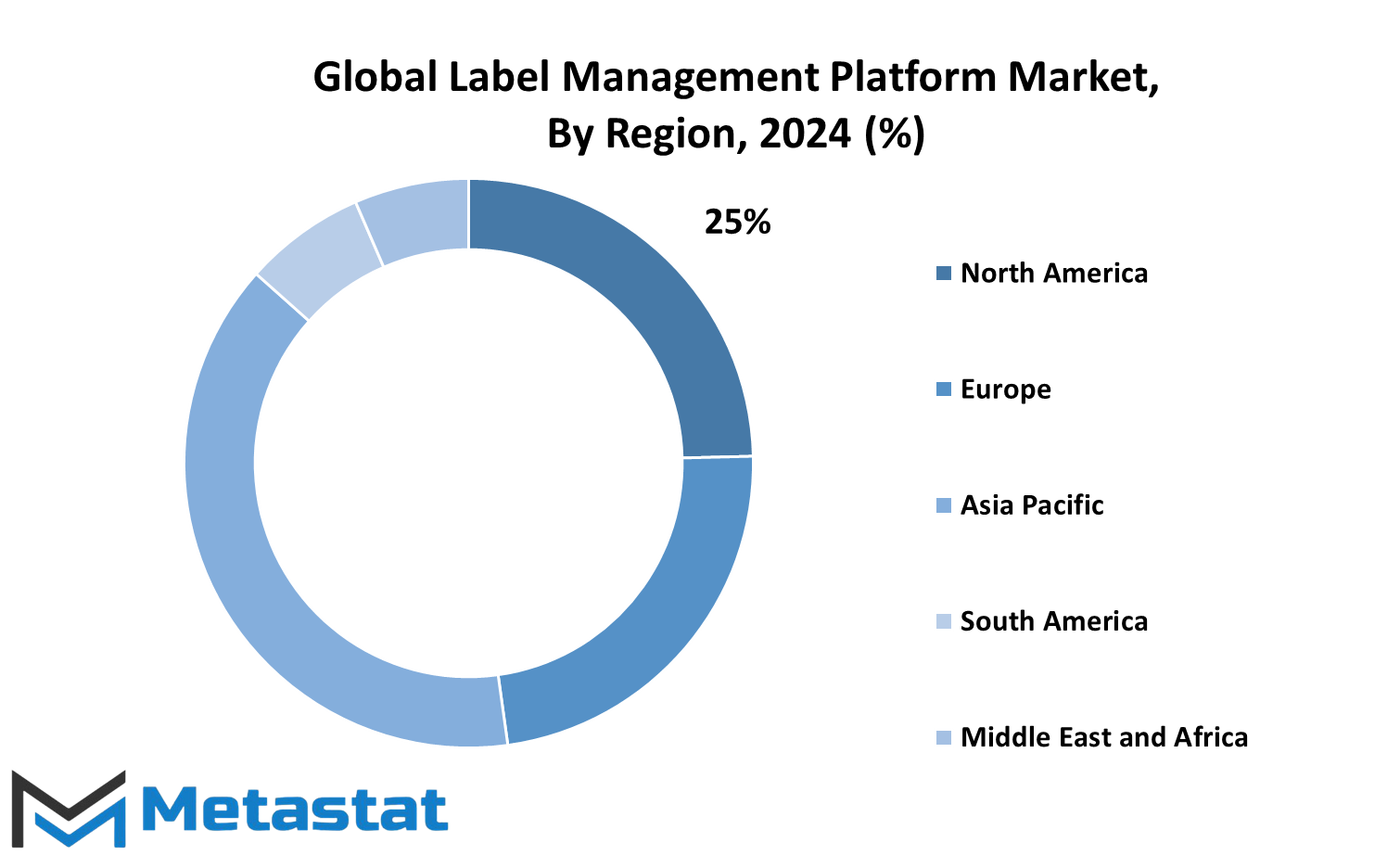
COMPETITIVE PLAYERS
Consideration of the fact that the Label Management Platform market has been progressively advanced and put into action across various industries, one can make suppositions about its growth over the coming years. As the companies strive toward attaining full compliance with pretty stringent regulations and meeting the rising demands from the consumers for transparency, a role connected with a label management platform becomes a key one. These platforms enabled businesses to design, manage, and print labels with precision while keeping a check on consistency and reducing the generation of errors across multiple production lines and geographies.
Market leaders like Loftware Inc., TEKLYNX CORPORATION SAS, Esko-Graphics BV., and Seagull Software, LLC are making sure that the race continues to move forward with fierce energy, courtesy of continuous innovation in platforms to meet the ever-evolving needs of businesses. These companies realize that as the business world becomes more global, managing labels is now more complex. The demand, therefore, is not just for a platform that can perform basic creation and printing of labels but also help to execute the more sophisticated requirements, like multi-language support, compliance with regulations, and providing real-time update information in divergent regions.
Advanced technologies, such as AI and machine learning, can be infused into the Global Label Management Platform market in times coming, where man's influence over such tasks will greatly be reduced, leading to minimized human errors and increased efficiency in label management. For example, AI will be looking at the data on labels to ensure compliance with local regulations or employing the best design of labels for consumer engagement.
Apart from that, the trend is for the market to go green. With the awareness among businesses increasing for the environment, they are bound to look at label management solutions to effect greener practices. In fact, the call might be toward having platforms that would allow the use of recyclable materials, waste reduction through better accuracy in printing, and even track the environmental fingerprint left by labeling activities.
At the end of the day, the Global Label Management Platform market is an ongoing journey into the future with continuous development. Companies like Kallik Ltd., enLabel Global Services, Inc., and Zebra Technologies Corp. are further going to play significant roles in setting the future course of the industry. This, of course, will go through leaps and bounds with continuously improving technology and enhanced corporate focus on environmental sustainability to meet every complex need. This will make labeling processes efficient and compliant, as well as in tune with the broader goals of environmental responsibility and global connectivity.
Label Management Platform Market Key Segments:
By Type
- Cloud Based
- On-premises
By Organization Size
- SMEs
- Large Enterprises
By Application
- Manufacturing
- Retail
- Healthcare
- Logistics and Transportation
- Food and Beverage
- Pharmaceutical
- Consumer Goods
- Electronics
Key Global Label Management Platform Industry Players
- Loftware Inc.
- TEKLYNX CORPORATION SAS
- Esko-Graphics BV.
- Seagull Software, LLC.
- Kallik Ltd.
- enLabel Global Services, Inc.
- ManageArtworks
- Karomi Inc.
- GreatFour Systems
- Perigord Data Solutions Ltd. (Glams)
- R-stream
- Zebra Technologies Corp.
- Wasp Barcode Technologies
- Brady Corporation
- Epson Singapore Pte Ltd.
WHAT REPORT PROVIDES
- Full in-depth analysis of the parent Industry
- Important changes in market and its dynamics
- Segmentation details of the market
- Former, on-going, and projected market analysis in terms of volume and value
- Assessment of niche industry developments
- Market share analysis
- Key strategies of major players
- Emerging segments and regional growth potential



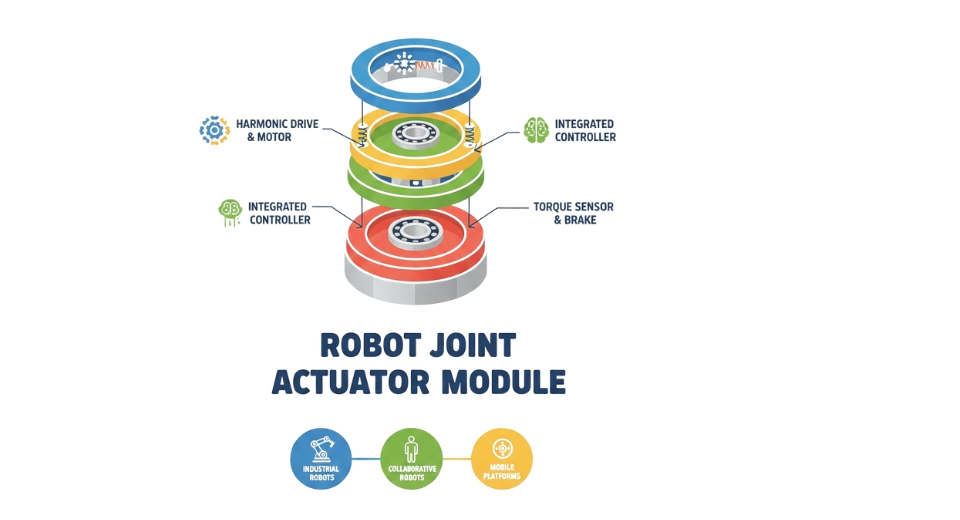
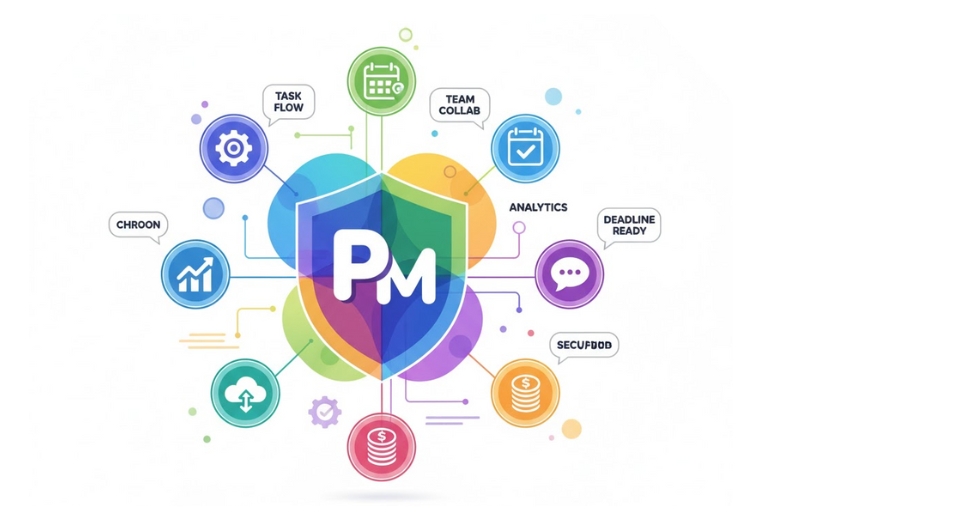
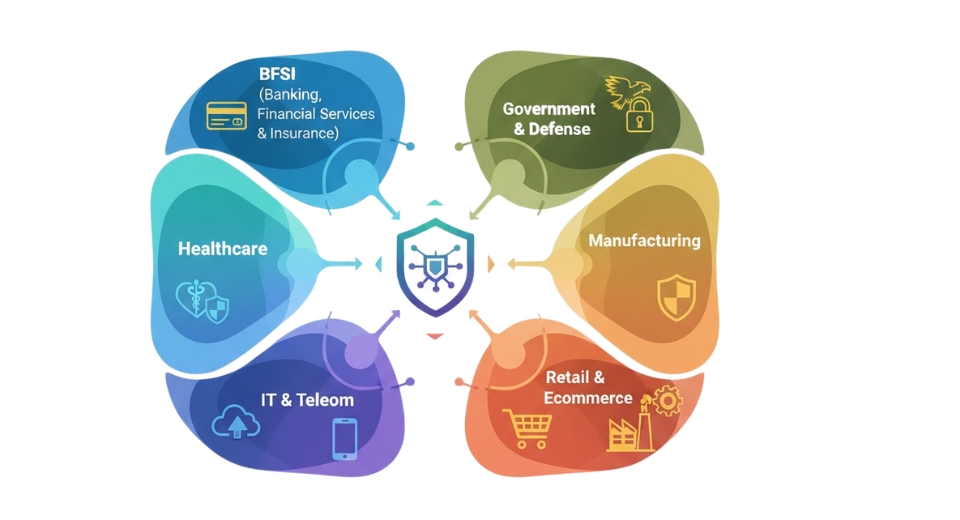
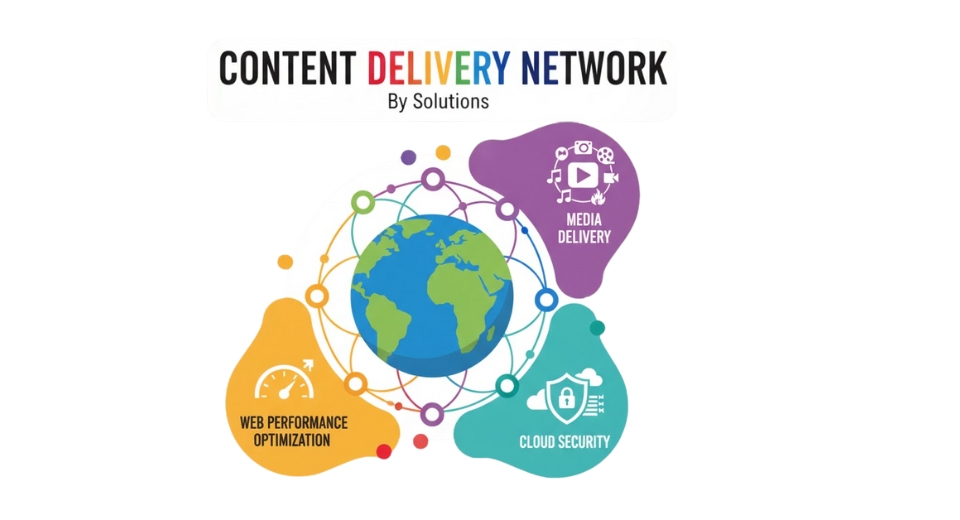

 US: +1 3023308252
US: +1 3023308252






